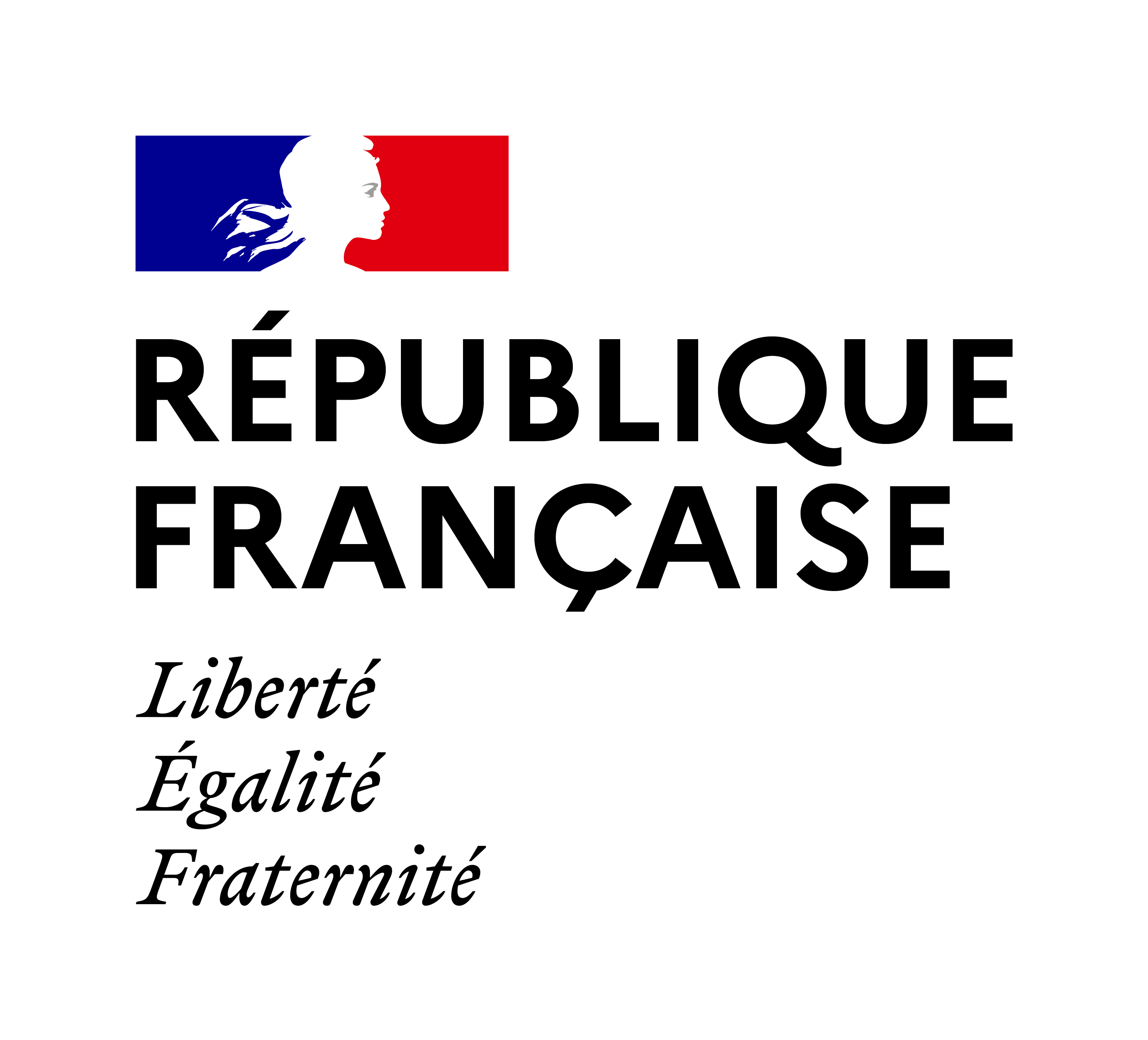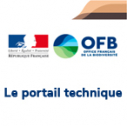The French are increasingly concerned about biodiversity issues
According to a survey commissioned by the French Biodiversity Agency (OFB), more and more citizens feel concerned by the state of biodiversity, and would like to be better informed so they can take action.
As part of the objectives set by Christophe Béchu, Minister of the Ecological Transition and Territorial Cohesion, and Bérangère Couillard, Secretary of State to the Minister of the Ecological Transition and Territorial Cohesion, responsible for Ecology, the OFB commissioned BVA in November 2022 to carry out a barometer on how the French perceive biodiversity. Four years after the first survey, it provides an assessment of the evolution of French people's concern for nature and the living world. According to this new survey of a representative sample of 2,000[1], more than 8 out of 10 French citizens feel preoccupied by the state of biodiversity, and 94% consider it important, if not crucial, to take action to protect and restore it.
French people concerned, optimistic and ready to act
Of the people surveyed, 85% feel that their future and daily lives depend on the state of biodiversity. This figure is up sharply compared to 2018 (+17 points). The majority (98%) have already heard the term biodiversity, thanks to television, the Internet or the press (+2 points since 2018). Nearly half (45%) can say exactly what this notion encompasses (up 8 points since 2018), and the remaining 53% cannot give a precise definition.
Practices are also beginning to change. A large proportion of respondents say they take action on a daily basis with thrifty practices aimed at limiting excessive consumption. Thus, 93% avoid waste, 76% consume less and 62% say they eat less meat. In terms of transportation, 67% of the surveyed say they are taking fewer flights, and 62% are now using bikes, public transport or are walking instead of taking the car for short journeys.
Changes in the quality of life of future generations (63%), problems with access to water (60%) and territories rendered uninhabitable (53%) are seen as the most likely consequences of biodiversity erosion. However, a majority of French people remain optimistic about the future. Indeed, 85% believe that there is still time to act, a sentiment that remains stable compared to 2018.
While the executive branch and companies are targeted by the French citizens surveyed (68% and 57% respectively) as having the greatest role to play, citizens come in third place with 56% of respondents believing that their own mobilization is essential to bring about far-reaching change.
Their commitment is motivated primarily by the degradation of nature and threats to animal species (42%), and the preservation of humanity's future (39%). In order to take action, the French are looking for information on the individual impact of their lifestyle (39%) and on the best practices to adopt (32%).
Encouraging results for the OFB
"We're delighted to see that preserving biodiversity has become an important issue for French people. It's encouraging! However, the very notion of biodiversity is still rather vague, often confused with broader terms such as agriculture or environmental protection. We can only protect what we know, so there's still a lot of work to be done in terms of educating people and disseminating knowledge. That is what we are working on at the French Biodiversity Office", says Olivier Thibault, OFB Director general.
Now that we have a better understanding of how the French perceive biodiversity, the OFB intends to pursue and amplify its actions to increase knowledge, raise awareness and mobilize civil society as a whole to halt biodiversity loss.
[1] The study commissioned by the OFB from BVA was carried out over the Internet from November 25 to 30, 2022 among a sample of 2,000 French citizens aged 15 and over. The representativeness of the sample was ensured by applying a quota method to the following variables: gender, age, profession, region and urban area.




